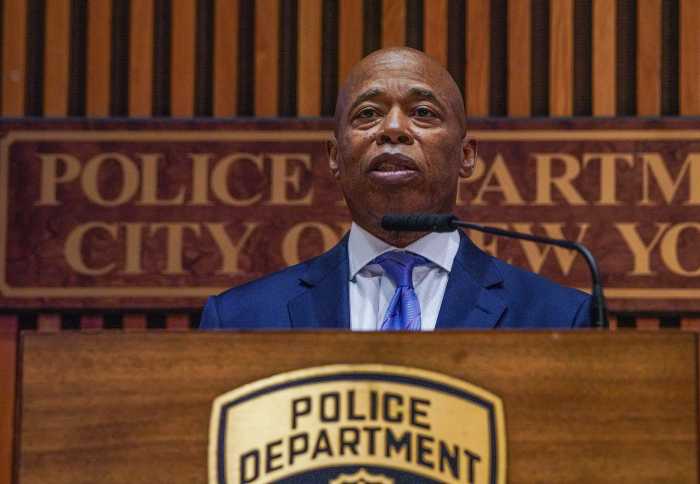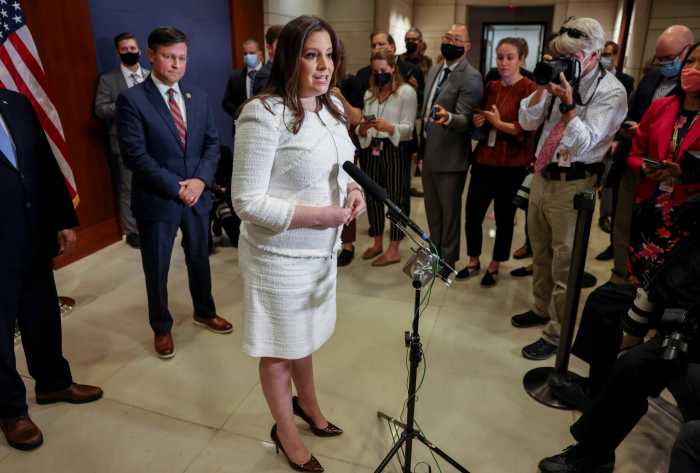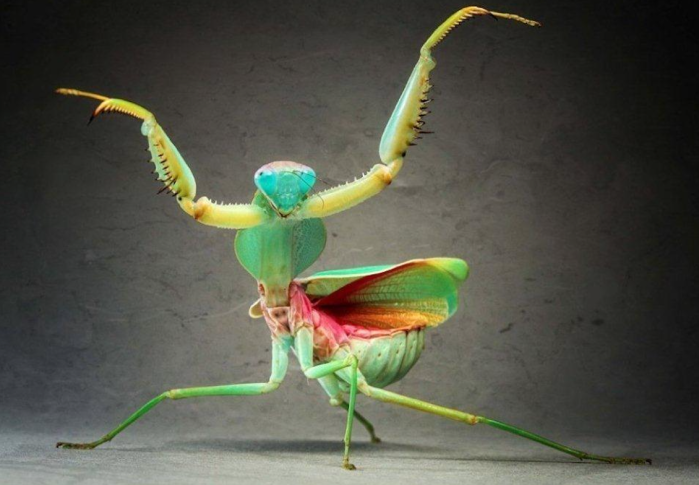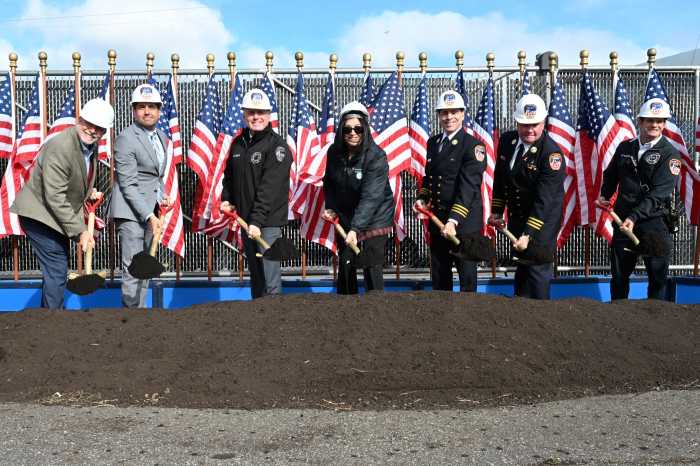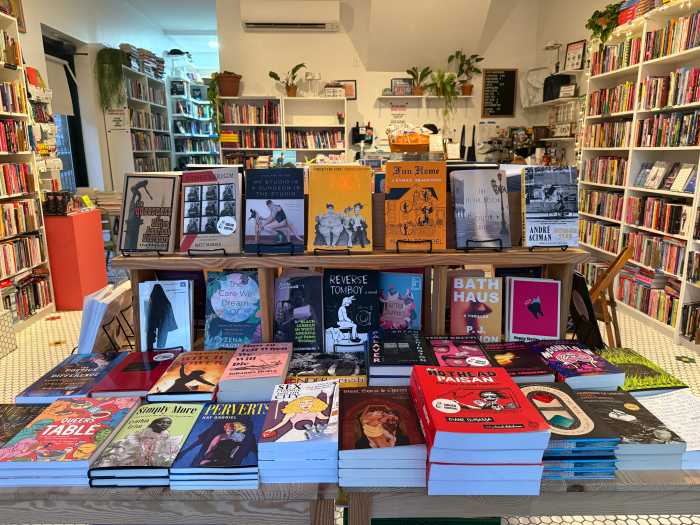Can you get what you want for Valentine’s Day, no matter how personal, eccentric or whimsical? If you want to wear a new pair of crystal earrings on Feb. 14, or eat handmade chocolates or have a dozen red roses suffuse their seductive scent throughout your softly lit bedroom, can you be certain that this will happen? Can these Valentine’s Day dreams and wishes be fulfilled? And can you get all this without having an adoring and wealthy elderly suitor, or a trick pelvis, or both? Absolutely!
Want to know the secret? You get what you want for yourself.
You want flowers? Go to florist. Go to the grocer. Go to your neighbor’s hothouse in the middle of the night with a pair of sheers and a flashlight – no, actually, don’t do that. It will probably end badly.
But to expect the poor soul with whom you have an intimate relationship to read your mind will also end badly.
More often than not, you’re thinking “Swan Lake” and he’s thinking “Duck Dynasty;” you’re thinking tea for two and he’s thinking tee time; you’re thinking about being swept off your feet on Valentine’s Day and he’s thinking about sweeping the whole ridiculous commercially fabricated holiday under the rug.
Well, Valentine’s Day is a time for sweeping generalizations as well and I am proud to make them: From childhood on, girls grow up with an almost imbecilic fondness for Valentine’s Day that leaves most boys scratching their heads (at best) and making unseemly noises with a hand in their armpit (at worst).
I was of the girls smitten early. I remain smote.
I still send Valentine’s Day cards to people: friends from high school and college, women I work with, some former students who are now pals, my nieces and nephew (all grown-ups), in-laws, neighbors, former colleagues, other family members (assorted) and, yes, my spouse. I like cards with glitter and I don’t really care if the recipient hates glitter, which shows just what the Valentine’s Day Madness can do to an otherwise empathetic and responsible woman.
If I want to send the card with the glittery princess on a sparkly pony holding a velvety heart, then, dammit, you’ll open it and you’ll like it. Or you’ll throw it out. It actually doesn’t matter, because the point was the pleasure I had in sending it.
“Pleasure” here, of course, is a term that demands explanation. I might have been weeping as I addressed the cards because of the Madness. I might well have been remembering the awful times I’ve had on this day in the past.
(Back to sweeping generalizations: I don’t know many men who have this conversation, but I sure do know a lot of women who rehearse their bad Valentine experiences the way they talk about labor during childbirth.) My worst Valentine’s Day? Easy. I was living in London and adored a young man at the time. He had, for example, a British accent. It took me a while to realize that, in England, this was not exactly what you’d call “unusual,” but during that first infatuation I hadn’t yet noticed. Anyway, he decided that the best way to spend the most officially romantic evening of the year would be to take me to a movie called “Zulu Dawn.” I’m not kidding.
I still remember “Zulu Dawn.” I still have nightmares about “Zulu Dawn.” Let’s just say that in handling matters of race, it lacked the subtly of, say, “12 Years A Slave” or for that matter, “Django Unchained.” Maybe there have been more colonialist, patrician and women-free films released by major studios, but I haven’t seen them.
I most certainly haven’t seen them on Valentine’s Day.
What dawned on me back then was that I needed to take control of my life, wishes and plans.
So that’s what I do for Valentine’s Day – and most others. If I want to be happy, I rely on myself. If I want something, I get it for myself.
This means I can be in the company of the person I love for the sheer delight of his company, which doesn’t undermine romance but instead confirms independence.
And without independence, what’s the fun of intimacy, after all?
Gina Barreca is an English professor at the University of Connecticut, a feminist scholar who has written eight books, and a columnist for the Hartford Courant.




